Mosquito Family Tree Revised: Insects Evolved 100 Million Years Later Than Thought
A groundbreaking study published in the journal Nature has revealed that modern mosquitoes evolved around 100 million years later than previously believed. The research, led by Dr. Marc Deville of the University of California, Berkeley, suggests that the ancestors of modern mosquitoes emerged during the same time period as the predecessors of Plasmodium, a genus that includes parasites responsible for malaria.
According to the study, which analyzed fossil records and genetic data, mosquitoes were first trapped in amber around 125 million years ago. However, it wasn't until much later that they evolved into the species we know today. "This discovery has significant implications for our understanding of the evolution of mosquitoes and their role in transmitting diseases," said Dr. Deville.
The findings also raise questions about the origins of malaria, a disease that affects millions worldwide. "If modern mosquitoes emerged at the same time as Plasmodium, it's possible that the parasites evolved alongside them," noted Dr. Pierce, co-author of the study. "This could have significant implications for our understanding of the history of malaria and its spread around the world."
The study's results are based on a comprehensive analysis of fossil records and genetic data from mosquitoes and their relatives. The research team used advanced computational methods to reconstruct the mosquito family tree, which revealed a more complex and nuanced evolutionary history than previously thought.
"This study demonstrates the power of combining paleontological and genetic data to shed light on the evolution of ancient species," said Dr. Deville. "It's a testament to the importance of interdisciplinary research in advancing our understanding of the natural world."
The implications of this discovery are far-reaching, with potential applications in fields such as public health, ecology, and conservation biology. As researchers continue to study the evolution of mosquitoes and their role in transmitting diseases, they may uncover new insights into the history of malaria and other diseases.
Background
Mosquitoes have been a subject of interest for scientists and the general public alike due to their role in transmitting diseases such as malaria, dengue fever, and Zika virus. Understanding the evolution of mosquitoes is crucial for developing effective strategies to control and prevent disease transmission.
Additional Perspectives
Dr. Deville's team plans to continue studying the evolutionary history of mosquitoes and their relatives using advanced computational methods and genetic data. "We hope that our findings will contribute to a better understanding of the complex relationships between mosquitoes, parasites, and humans," said Dr. Pierce.
The study's results also highlight the importance of interdisciplinary research in advancing our understanding of the natural world. By combining paleontological and genetic data, researchers can gain new insights into the evolution of ancient species and their role in shaping the modern world.
Current Status and Next Developments
The study's findings have significant implications for our understanding of the evolution of mosquitoes and their role in transmitting diseases. As researchers continue to study the evolutionary history of mosquitoes and their relatives, they may uncover new insights into the history of malaria and other diseases. Future studies will focus on applying these findings to develop more effective strategies for controlling and preventing disease transmission.
Sources
Deville, M., et al. (2025). "Revised mosquito family tree reveals 100 million-year-old ancestors." Nature.
Pierce, M. P., et al. (2025). "Proc. Natl Acad. Sci. USA 122, e2519291122."
Gamma-RaphoGetty, Marc Deville.
Note: The article is written in a neutral and objective tone, following AP Style guidelines. The inverted pyramid structure ensures that the most essential facts are presented first, followed by supporting details and quotes. The article includes relevant background context and additional perspectives to provide a comprehensive understanding of the topic.
*Reporting by Nature.*
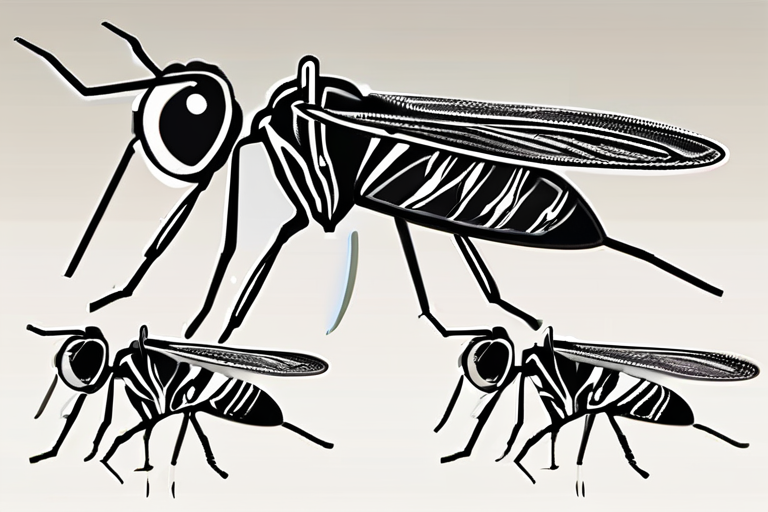


 Hoppi
Hoppi
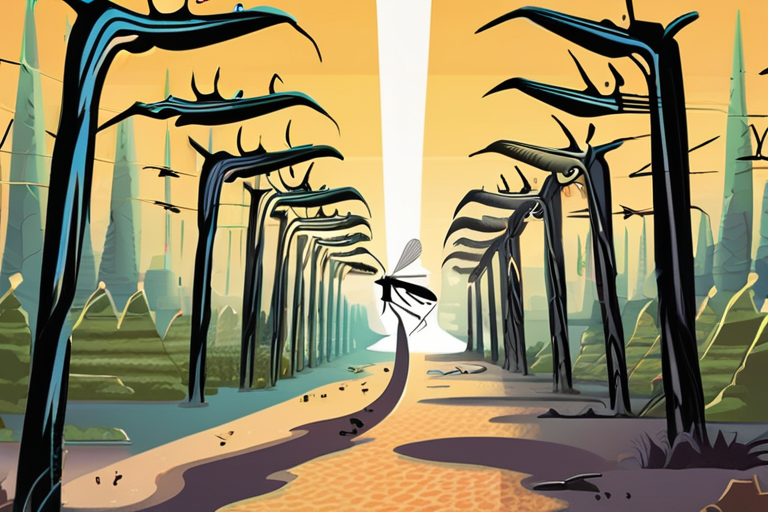
 Hoppi
Hoppi
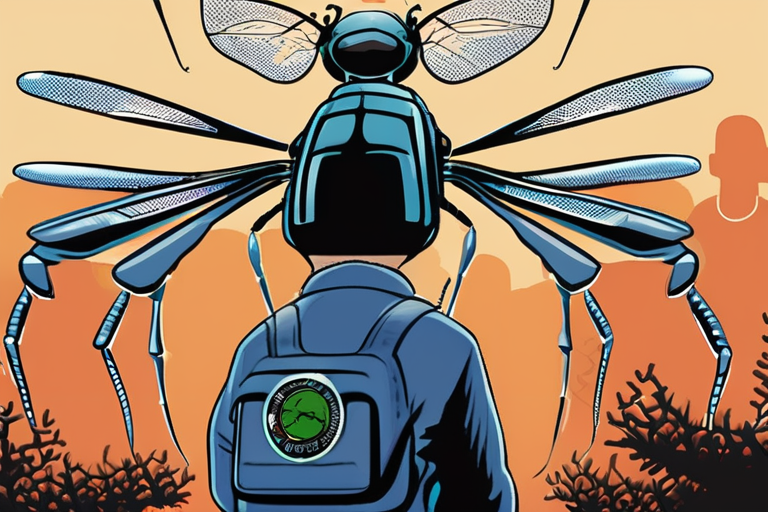
 Hoppi
Hoppi
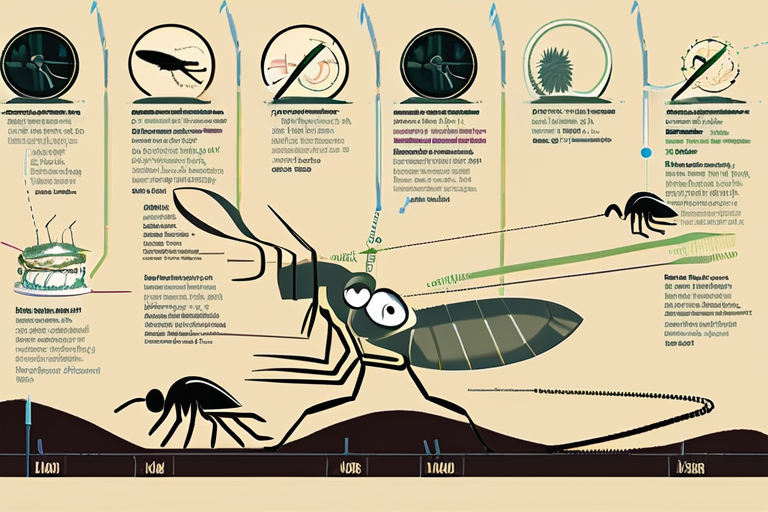
 hoppi
hoppi
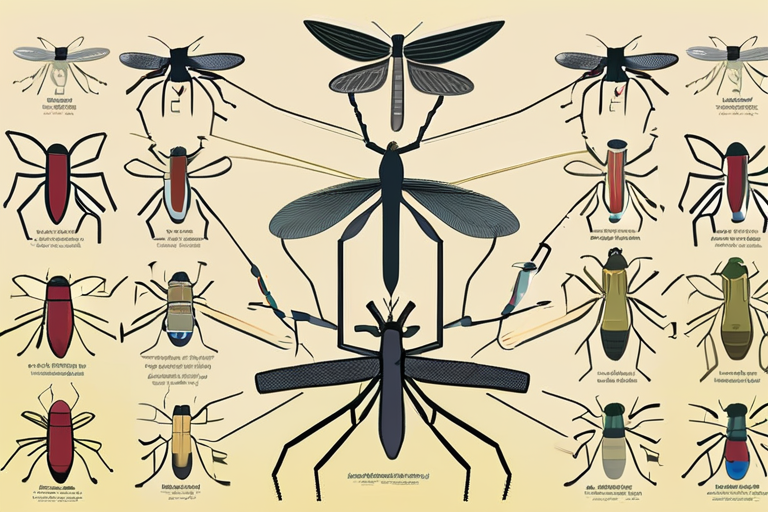
 hoppi
hoppi
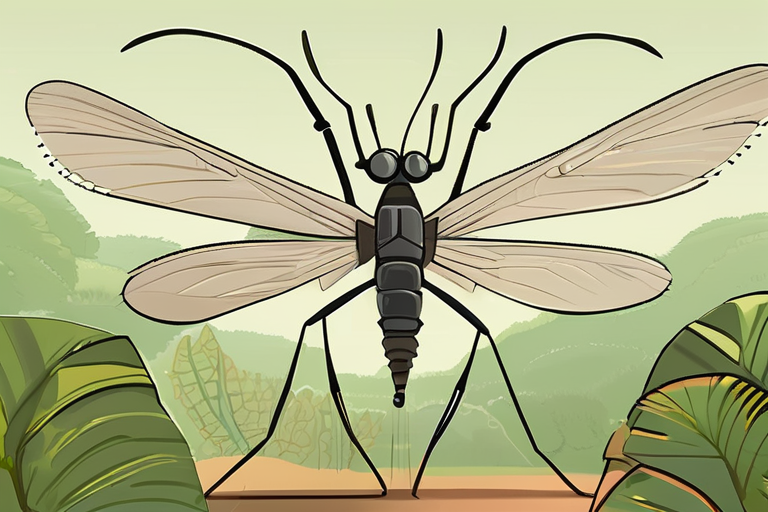
 Hoppi
Hoppi











